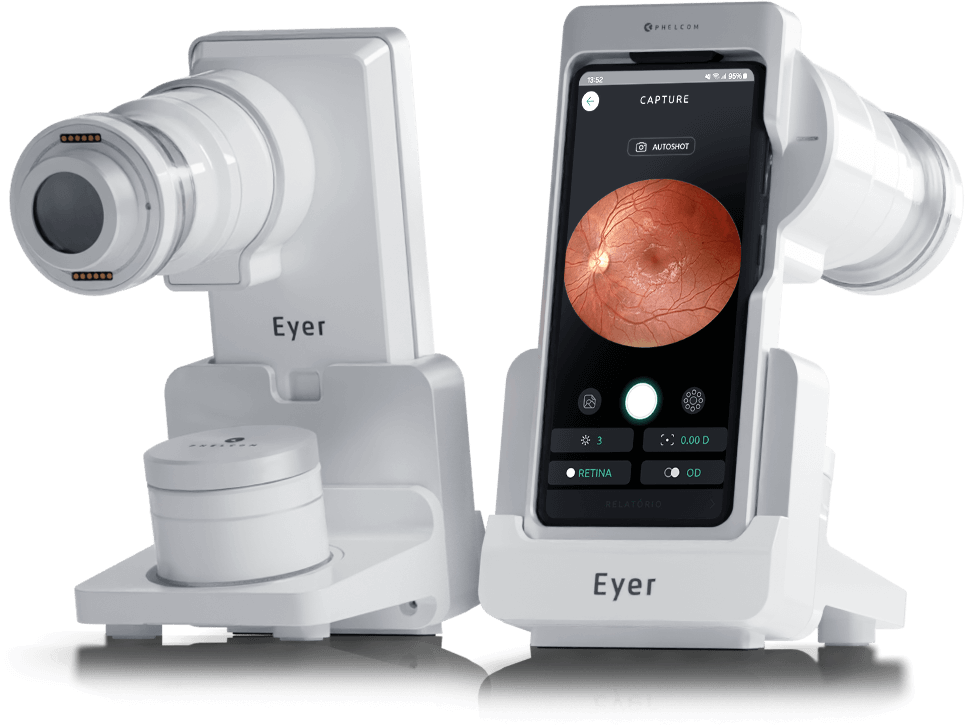For some time now, researchers have been investigating whether eye diseases can be a risk factor to manifest other health problems. For example, scientists at Sun Yat-sen University in China found that one in four people with eye disorders also develops depression.
Now, a new study links age-related macular degeneration (AMD), cataract and eye disorders brought on by diabetes to the increased risk of dementia. The research was recently published in the British Journal of Ophthalmology.
Understand the work, its results and how eye diseases can be directly linked to dementia cases.
Research and results
Researchers at the Guangdong Academy of Medical Sciences, in China, evaluated data from 12,364 adults with AMD, cataract or glaucoma, aged 55 to 73, from 2006 to 2010. Participants had follow-up until 2021.
The risk of cognitive decline was 26% higher in patients with AMD, 11% higher in those with cataracts and 61% more in diabetics compared to those who did not have eye diseases at the beginning of the study. Glaucoma was not considered one of the risk factors.
The scientists also looked at eye and systemic diseases alongside the incidence of dementia. Patients with cataract and a systemic condition were 1.19 to 2.29 times more likely to develop dementia compared to those without these problems. Regarding eye diseases related to diabetes and systemic diseases, such as diabetic retinopathy, this figure was 1.50 to 3.24 higher.
From the beginning, the study detected that diabetes, heart diseases, strokes and depression associate with increased risk of dementia. Hypertension joined the list until the research ended. All mediated the association of cataract and incipient dementia, as well as other eye diseases related to diabetes incipent dementia.
Despite the expressive results, it is worth noting that the research is observational. However, the scientists state in the article that “AMD, cataract and diabetes-related eye diseases associate with increased risk of dementia. Individuals with ophthalmic and systemic diseases have an even greater risk.”
Reviewed by Paulo Schor, ophthalmologist, associate professor and director of innovation of the Federal University of São Paulo (Unifesp) and collaborator of the Faculty of Medicine of the Albert Einstein Hospital.
Follow Phelcom blog and stay on top of the main news on health research!
Subscribe




